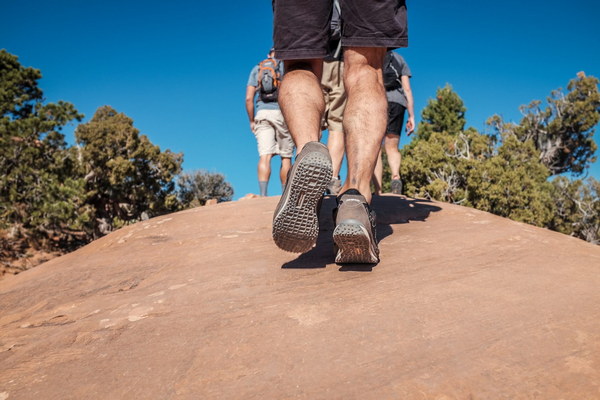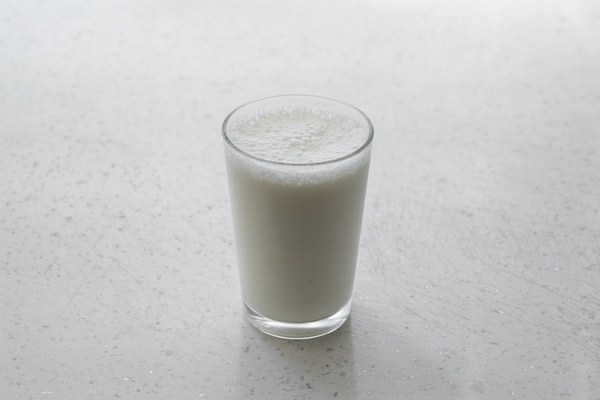Can Liposuction Eliminate Dampness Exploring the Myths and Truths
Liposuction, a popular cosmetic surgery procedure, has been a topic of discussion for years. While many people are aware of its effectiveness in removing unwanted fat from specific body areas, one question that often arises is whether liposuction can eliminate dampness. In this article, we will explore the myths and truths surrounding this topic.
Dampness, also known as dampness syndrome, is a traditional Chinese medicine (TCM) concept that refers to the accumulation of excess moisture in the body. It is believed to cause various health issues, including fatigue, weight gain, and water retention. Some individuals believe that liposuction can help alleviate dampness, while others argue that it has no effect on the TCM concept.
To understand whether liposuction can eliminate dampness, let's delve into the science behind both liposuction and dampness syndrome.
Liposuction is a surgical procedure that removes excess fat from targeted areas of the body, such as the abdomen, thighs, buttocks, and arms. The procedure involves making small incisions in the skin, inserting a tube called a cannula, and suctioning out the fat cells. Liposuction can help improve body contour and reduce the appearance of cellulite, but it is not a weight-loss solution.
On the other hand, dampness syndrome is a TCM concept that suggests that excess moisture in the body can lead to various health problems. TCM practitioners believe that dampness can be caused by factors such as poor diet, exposure to cold and damp weather, and emotional stress. Treatments for dampness syndrome often include herbal medicine, acupuncture, and dietary changes.

Now, let's address the question: Can liposuction eliminate dampness?
The answer is no. Liposuction is a surgical procedure designed to remove fat from the body, not to address the TCM concept of dampness. While liposuction can help reduce localized fat deposits and improve body contour, it has no direct effect on the body's moisture balance or dampness syndrome.
However, some individuals may experience a decrease in water retention or bloating after liposuction, which could be perceived as an improvement in dampness symptoms. This may be due to the removal of excess fat and the resulting decrease in overall body weight. Additionally, liposuction can improve self-esteem and body image, which may indirectly contribute to a better overall sense of well-being.
It is important to note that while liposuction can provide physical benefits, it is not a substitute for TCM treatments for dampness syndrome. If you suspect you have dampness syndrome, it is best to consult a TCM practitioner for proper diagnosis and treatment. This may include herbal medicine, acupuncture, and lifestyle changes.
In conclusion, liposuction is not a treatment for dampness syndrome, as it is a surgical procedure focused on removing fat from the body. While some individuals may experience a decrease in water retention or bloating after liposuction, this does not equate to the elimination of dampness. If you are concerned about dampness syndrome, it is best to seek advice from a TCM practitioner for appropriate treatment.









